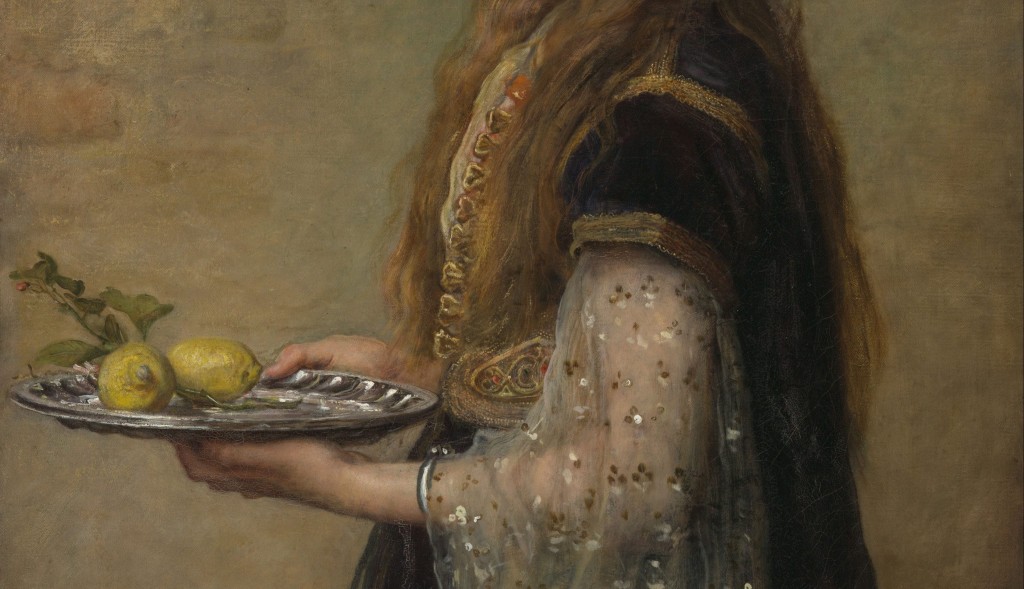When the EU interferes with plastic bottle caps, it is interfering with our freedoms. When, on a hot day, after a long run, I want to take my well-deserved gulp of water, the tangled cap comes as a slap in the face. I don’t blame big businesses or the weather for my plight. Instead, with a parched mouth, I curse EU bureaucrats in their air-conditioned ivory towers for making my life marginally worse with another pointless regulation.
I concede it is a first world problem. People in the EU have multiple choice of drinks on loaded shelves. There are foods from all over the world, safety and relative comfort in which to consume it and the money to buy it. The European Union is a great place. It has the third highest GDP in the world, people are satisfied with their lives and peace settled within its boundaries in a historically bellicose continent. Still, it could be a much better place to live with less unnecessary government intervention in our lives.
Regulations are suffocating our freedoms, interfering with our lives, livelihoods, and comforts. Freedoms should be the priority of decision makers, but even the most basic freedoms such as those of trade and movement, vitally important principles in the EU, were set aside on the pretext of the COVID-19 pandemic.
Now, big businesses are in the crosshairs of EU decision makers. The tethered cap is just a symptom. It primarily hits drinks companies, hiking costs. But the effects don’t stop there. It also perversely increases the amount of plastic in a bottle and cap, raising questions about its environmental benefits.
The EU’s never-ending crusade against big businesses led Apple to hold back on introducing its upcoming features, such as the integration of AI in their services in the EU, due to antitrust regulations like the Digital Markets Act and the Digital Services Act. The EU wants the tech giant to open up its phones to other app stores besides its own, supposedly giving more choice to consumers, when in fact, the free choice consumers make lies in their choice of what phones they buy and therefore which technological ecosystems they are buying into.
To cap it all off, the recent Crowdstrike IT meltdown, causing disruptions in healthcare, banking and travel is due to an EU regulation, disallowing another big tech company, Microsoft to block access to the kernel, a vulnerable basic backbone of computers.
The EU is drawing up imaginary dangers and enemies, in this instance big companies, and pledging to protect people against them. Under whatever mantle, left, right, green, or something else, this is populism. It hurts us all.
The number of regulations are increasing. They have doubled since the Treaty of Lisbon, and showed a 14% increase since 2020, despite promises of simplification under Ursula von der Leyen. Her new term does not bode well for the proponents of deregulation.
The EU’s current direction hinders innovation, leading to other places, such as the USA and China racing ahead. Regulations and anti-business activism of decision makers might be a nuisance for big companies but will be a severe blow for consumers.
The irksome plastic cap in your face is a constant reminder of how regulations affect our everyday lives. Increased prices, unavailable services, and the lack of local innovation. It could be worse. Big companies could decide to withdraw more of their perks and more of their money. The EU is a great place, but in our globalized world we can see how much better things could be if only there wasn’t so much red tape everywhere you look. Brussels must do better by doing less.
Continue exploring:
Europe’s Agricultural Policies Need More Cultivation
What Digital Euro Means for Us – More Questions Than Answers



